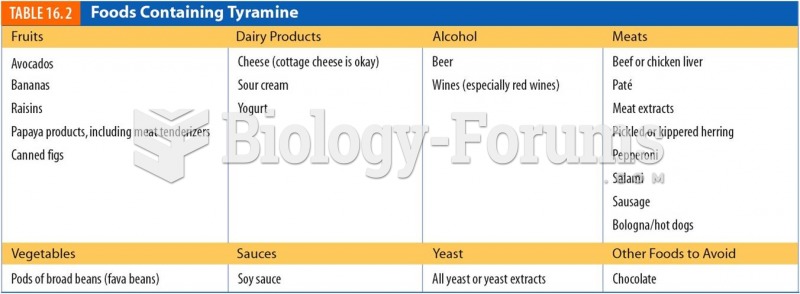Answer to Question 1
Correct Answer: 1, 3, 4
Rationale 1: Avoid foods with high zinc or oxalate content if a calcium supplement is being taken because these can interfere with absorption. These foods include nuts, peas, beans, spinach, and soy products.
Rationale 2: The client should avoid foods with high zinc or oxalate content if a calcium supplement is being taken because these can interfere with absorption. These foods include nuts, peas, beans, spinach, and soy products.
Rationale 3: Avoid foods with high zinc or oxalate content if a calcium supplement is being taken because these can interfere with absorption. These foods include nuts, peas, beans, spinach, and soy products.
Rationale 4: Avoid foods with high zinc or oxalate content if a calcium supplement is being taken because these can interfere with absorption. These foods include nuts, peas, beans, spinach, and soy products.
Rationale 5: Avoid foods with high zinc or oxalate content if a calcium supplement is being taken because these can interfere with absorption. These foods include nuts, peas, beans, spinach, and soy products.
Global Rationale: Avoid foods with high zinc or oxalate content if a calcium supplement is being taken because these can interfere with absorption. These foods include nuts, peas, beans, spinach, and soy products. Milk and cheese are safe to eat while taking a calcium supplement.
Answer to Question 2
Correct Answer: 1, 4
Rationale 1: Electrolyte levels should be frequently assessed and the drug discontinued immediately if hyperkalemia is suspected.
Rationale 2: Calcium acetate (PhosLo) is given for this reason.
Rationale 3: Sodium bicarbonate is given for this reason.
Rationale 4: Electrolyte levels should be frequently assessed and the drug discontinued immediately if hyperkalemia is suspected.
Rationale 5: This medication is not used to treat hyperglycemia.
Global Rationale: Electrolyte levels should be frequently assessed and the drug discontinued immediately if hyperkalemia is suspected. Calcium acetate (PhosLo) is given to prevent high blood phosphate levels. Sodium bicarbonate is given for metabolic acidosis. Insulin is used to treat hyperglycemia.







